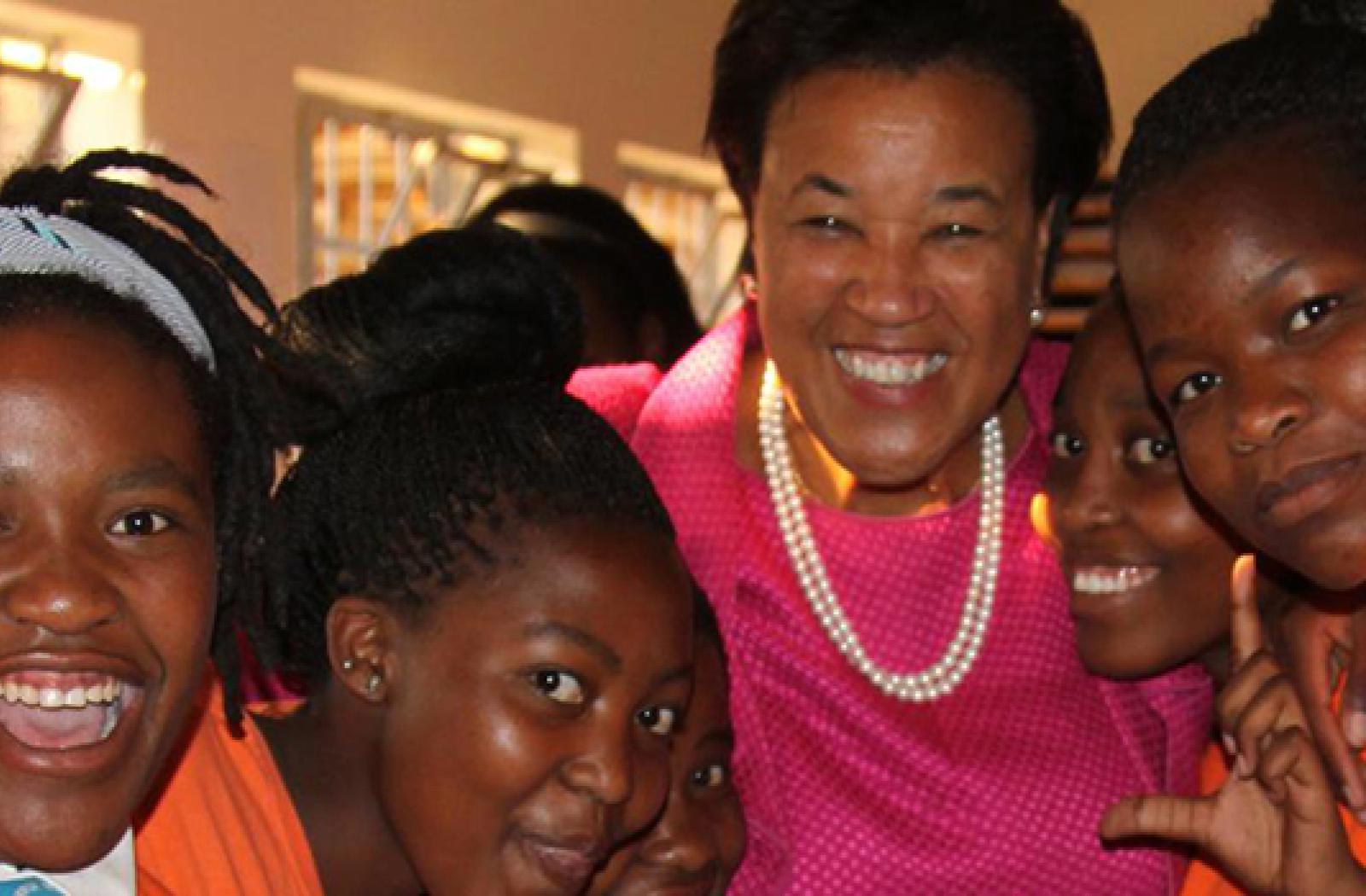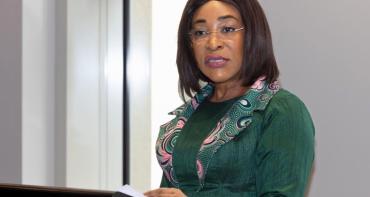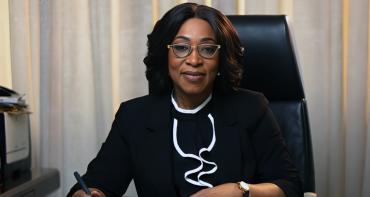I cannot pretend to know or fully understand how it feels to be a young person in 2021.

By The Rt Hon Patricia Scotland QC, Commonwealth Secretary-General
I cannot pretend to know or fully understand how it feels to be a young person in 2021.
Growing up in the 1960’s and 70’s Britain as a young black woman was, despite my loving family, often incredibly hard but it seems staggeringly harder now for the current generation. I cannot imagine waking up at 18 to the news that my entire country, seemingly the whole world, has been shut down, wondering what will happen next and realising that the world has changed beyond recognition and I need to readjust my education and my career pathways.
Although I cannot say I know how it feels to be a young person today, one of the joys of being the Commonwealth Secretary-General is that I regularly interact with young people from across the Commonwealth. This gives me some insight into the perspectives of young people from a variety of different backgrounds and contexts.
What is clear is that, in the face of tremendous challenges, they remain resolute, innovative, and ready to take the bull by the horns. To come out on the other end, they need to be equipped with the right skills and opportunities, but we, from the preceding generations, also need to ensure we engage with them and involve them in the decisions we make about the world they will inherit.
World Youth Skills Day
This is why the theme ‘Reimagining Youth Skills Post-Pandemic’ is aptly suited to this year’s UN World Youth Skills Day. We observed the day at a time when nearly 157 million learners are being affected by full school closures and 768 million more by partial school closures.
But equally disturbing is the fact that young people are still disproportionately affected by unemployment, with ILO estimates showing that globally youth employment fell 8.7 per cent in 2020, compared with 3.7 per cent for adults.
The social and economic fallout from the pandemic has been particularly severe for young people in the Caribbean who already overrepresented the poor compared in the region. A sudden stop in tourism, together with wider economic slowdown, contracted the Caribbean GDP by 8.6 per cent in 2020, while the ongoing hurricane season and excessive debt levels pose additional risks. Together, not only does this economic tsunami impact jobs, livelihoods and incomes, young people face higher risks of dropping out of school and of being left behind in the quest for decent work
Focus on skills building
The Commonwealth Secretariat has, therefore, maintained its focus on skills building – even through the stormy months of the pandemic. What our engagement with various regional bodies, grassroots groups and young people around the Commonwealth has told us is that we were already on the right track. We see skills building in the frame of lifelong learning, putting innovation, digital skills, and flexibility at the heart of our programmes.
This is why we have developed toolkits which provide policy recommendations, advice and resources to not only strengthen early childhood education programmes but to help countries reform their education systems in line with international standards, so they are effective for all age groups.
Our approach recognises that it is not just about the diplomas, degrees or technical expertise that would tick the boxes on job applications but also those ‘soft’ skills such as fostering interpersonal relations and developing negotiating strategies which are critical for personal success and personal resilience in challenging times.
Effectively empowering, engaging and listening
I believe strongly that our survival depends on how effectively we empower, engage and listen to young people in local, national, regional and global decision-making processes. They must see them as active allies, not passive beneficiaries.
How we achieve this in meaningful ways is the challenge my generation faces if we are to live up to our responsibility to hand a better world onto the next generation.
One recent innovation was our collaborative partnership with the UK’s University of Cambridge in which we ran a pan-Commonwealth policy workshop which engaged young people on climate policy with a focus on small island developing states.
This hugely successful and popular project saw more than 100 young people, from Samoa to Jamaica, participating in the virtual workshop to learn policymaking, systems theory and connect with leading experts from academia, governments, international institutions and the private sectors.
Recovery and rebuilding efforts
As we look towards recovery and rebuilding efforts, we must leverage every opportunity to ensure young people have an effective voice in decision-making and their skills are harnessed, without which the disparities thrown into sharp focus by the pandemic are here to stay and escalate.
To guide this engagement, we will soon release the Commonwealth’s third edition of the Global Youth Development Index, which measures the state of health and wellbeing, education, employment, equality and inclusion, political participation, and security for more than 1.8 billion young people around the world. It informs policymakers about young people’s needs and opportunities while indicating areas for success as well as where attention and investment are needed.
Crises like Covid-19 offer an opportunity to pause, reflect and identify what works and how we need to innovate to ensure young people, regardless of their gender, race, social status or location, have the right skills to be the effective representatives of their generation today and the leaders of tomorrow.
The article originally appeared in:
- The Jamaica Gleaner
- Trinidad Express
- Antigua Observer (PDF)DocumentAntigua Observer - Daily 260721.pdf (163.8 KB)



